What is the Glycemic Index?
Before discussing whether or not the glycemic index (GI) is important, we must first know what it is. The glycemic index is a scale from 0 - 100 that ranks carbs based on how they affect blood sugar levels. A score of 55 or lower is considered low, 56-69 is moderate, and 70+ is high. Here are some examples:
Apple: 36
Black Beans: 30
Peanuts: 13
Sweet Potato: 70
White Rice: 72
Whole Milk: 31
Low GI Carbs Do NOT Equal Fat Loss.
Some claim that high GI carbs are "bad carbs" and eliminating them improves fat loss. Some even claim you should eliminate carbs entirely. In reality, this is not the case at all. Fat loss comes down to energy balance. Energy balance is simply the difference between Calories consumed vs Calories burned. If you burn more Calories than you consume, you will lose weight, period. If you'd like to hear me talk more about this, you can watch the video below.
In addition to not being necessary, excessively restricting carbs could actually harm your fat loss efforts. I've told you before about how important resistance training is for fat loss. Greatly reducing carb intake will negatively impact your resistance training. This will negatively impact your muscle retention/muscle gain which, in turn, will negatively impact your fat loss.
I Want What I Can't Have!
Think about the last time you tried to stop a habit cold turkey. I'm willing to bet you constantly thought about whatever it was you were trying to quit and probably ended up giving in. We always want what we can't have.
Plus, we just discovered it isn't necessary to eliminate "bad carbs" anyway. My rule of thumb is to consume at least 80% of your Calories in the form of minimally processed, nutrient-dense foods, such as lean meats, fruits, veggies, and whole grains. The leftover Calories can come from wherever you'd like.
"Good Carbs" vs "Bad Carbs"
If "bad carbs" aren't what's standing in the way of you and having a shredded six-pack, why are they portrayed as being bad? The unfortunate answer is there's endless money to be made by selling you THE diet. In order for a particular diet to be superior to other diets, there has to be a "bad guy" and that bad guy is "bad carbs".
Another less nefarious reason high GI carbs get a bad reputation is they tend to be more Calorie dense and less filling. This means they are much easier to overeat on and consequently, gain weight from. Combine this with not knowing how fat loss actually works and it would be easy to come to the conclusion that those specific foods directly caused the fat gain.
You may say, "I cut out bad carbs and lost a lot of weight!" That may very well be the case; however, you didn't lose the weight because of the types of carbs you were eating. You lost weight because you unknowingly put yourself into a Calorie deficit.
To drive this point home, Mark Haub, professor of human nutrition at Kansas State, followed a diet consisting of Little Debbie snack cakes, chips, and protein shakes for two months and lost 27 Pounds!
Glycemic Index and Health
While you may not improve your fat loss by eliminating high GI carbs, if your diet consists mainly of high GI carbs, you may improve your health by adding low GI carbs. This is because low GI carbs tend to be higher in micronutrients. On the other hand, what's even more important is if you are overweight, the best thing you can do for your health is to shed body fat.
Remember Professor Mark Haub from a moment ago? You may think that his health must have suffered during his diet, but this was not the case. His LDL and triglycerides decreased and his HDL increased.
Takeaway
The specific foods you are eating will not affect your fat loss, assuming you are sticking to your Calorie target and getting an adequate amount of protein.
Low GI carbs tend to be higher in micronutrients. Replacing high GI carbs with Low GI carbs can improve your health assuming you aren't already getting enough micronutrient dense foods.
Thank you so much for reading! If you found this information helpful and think others will benefit from it as well, please give this article a share on Facebook. It helps us out more than you know. If you like what I have to say, sign up below to become a Treadaway Training insider and never miss a post or video. I will be back next week with another fat loss topic. As always, God bless you AND your family and I'll see you next week.




